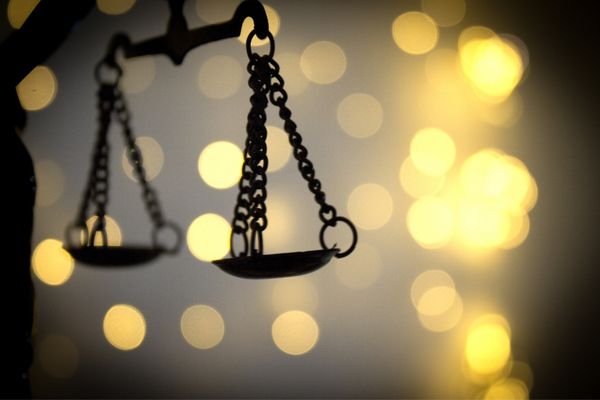Deadline: 30-Apr-2024
The U.S. Department of State, Bureau of Democracy, Human Rights, and Labor (DRL) announces an open competition for organizations interested in submitting applications for a project that promotes long term reconciliation and peace in Sri Lanka through independent, credible, transparent, effective, and victim-centric transitional justice processes.
Programs should promote the mental health and psychosocial well-being and resilience of key stakeholders in Sri Lanka’s transitional justice process to address trauma, pursue justice, and hold perpetrators accountable. Key stakeholders include civil society, lawyers and advocates, counselors, victims and survivors of human rights violations, and families of the disappeared, amongst others in Sri Lanka’s transitional justice process. Programs should build upon, rather than duplicate, civil society led efforts to date while incorporating lessons learned and successful models of mental health and psychosocial support to address the justice-related needs of survivors and victims of human rights violations. Program design should also account for the cycles of violence throughout Sri Lanka’s history and ongoing impunity for gross human rights violations before, during, and after the country’s armed conflicts.
DRL seeks programs that incorporate integrated, locally owned, and victim and survivor-centered approaches to accomplish at least two of the following objectives:
- Sri Lankan civil society, victims, survivors, and their families are resilient and equipped with the skills, resources, and strategies to effectively, collaboratively, and inclusively engage and advocate on a range of justice and accountability issues.
- Survivors and victims of human rights violations and abuses, including torture and sexual violence, and their families, experience healing through access to comprehensive group or individual, clinical or non-clinical services for mental health and psychosocial support (MHPSS) and related services.
- Sri Lankans impacted by gross human rights violations are able to safely represent their interests in and contribute to formal and informal justice and accountability processes.
- Sri Lankans impacted by gross human rights violations observe justice and accountability processes aligned with their priorities, needs, and perspectives.
All programs should aim to have impact that leads to reforms and have the potential for sustainability beyond DRL resources. DRL’s preference is to avoid duplicating past efforts by supporting new and creative approaches. This does not exclude from consideration projects that improve upon or expand existing successful projects in a new and complementary way.
DRL is committed to advancing equity and support for underserved and underrepresented communities. In accordance with the Executive Order on Advancing Racial Equity and Underserved Communities, programs should implement strategies for integration and inclusion of individuals/organizations/beneficiaries that can bring perspectives based on their religion, sex, disability, race, ethnicity, sexual orientation, gender identity, gender expression, sex characteristics, national origin, age, genetic information, marital status, parental status, pregnancy, political affiliation, or veteran’s status. Programs should be demand-driven and locally led to the extent possible.
Where appropriate, competitive proposals may include:
- Opportunities for beneficiaries to apply their new knowledge and skills in practical efforts;
- Solicitation of feedback and suggestions from beneficiaries when developing activities in order to strengthen the sustainability of programs and participant ownership of project outcomes;
- Input from participants on sustainability plans and systematic review of the plans throughout the life of the project, with adjustments made as necessary;
- Inclusion of vulnerable populations.
Activities that are not typically allowed include, but are not limited to:
- The provision of humanitarian assistance;
- English language instruction;
- Development of high-tech computer or communications software and/or hardware;
- Purely academic exchanges or fellowships;
- External exchanges or fellowships lasting longer than six months;
- Off-shore activities that are not clearly linked to in-country initiatives and impact or are not necessary per security concerns.
Funding Information
- Total Funding Ceiling: $986,679
- Total Funding Floor: $986,679
- Anticipated Number of Awards: 1
- Period of Performance: 12-24 months
- Anticipated Time to Award, Pending Availability of Funds: 4-5 months
Eligibility Criteria
- DRL welcomes applications from U.S.-based and foreign-based non-profit organizations/nongovernmental organizations (NGO) and public international organizations; private, public, or state institutions of higher education; and for-profit organizations or businesses. DRL’s preference is to work with non-profit entities; however, there may be some occasions when a for-profit entity is best suited.
- Applications submitted by for-profit entities may be subject to additional review following the panel selection process. Additionally, the Department of State prohibits profit to for-profit or commercial organizations under its assistance awards.
For more information, visit Grants.gov.
